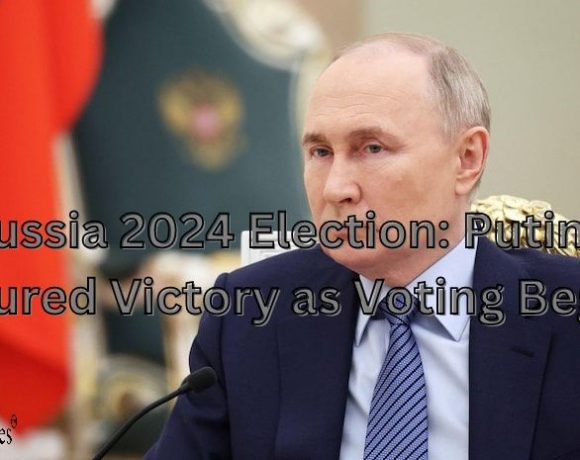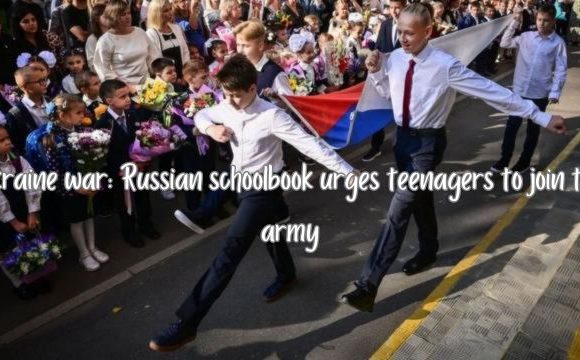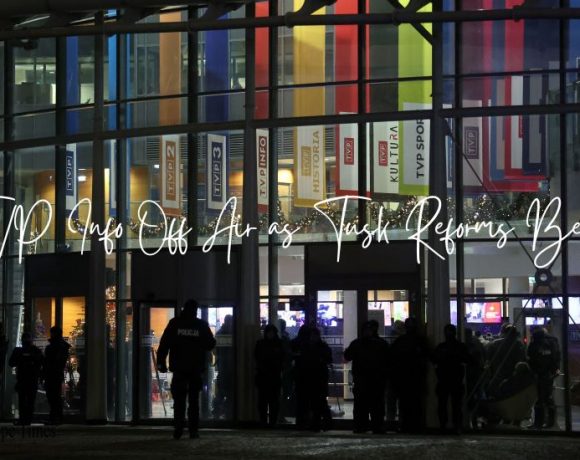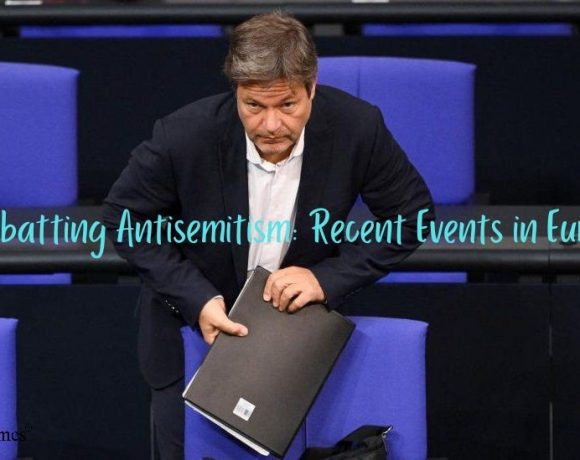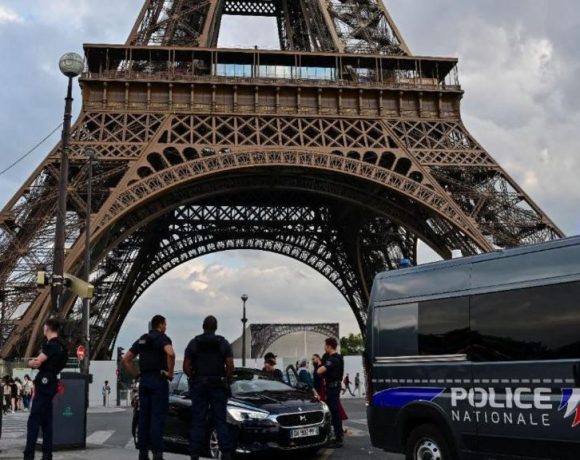
French intelligence officials believe Russia orchestrated a stunt involving five coffins draped in French flags, labeled “French soldiers of Ukraine,” placed near the Eiffel Tower. Three men, seen arriving in a van on Saturday morning, left the coffins, which contained plaster sacks. Police quickly apprehended the driver, a Bulgarian who claimed he was paid €40 by two others to transport the coffins. These two, a Ukrainian and a German, were later caught at Bercy coach station while attempting to board a bus to Berlin. They admitted to being paid €400 to deposit the coffins. All three were presented before a judge on Sunday as a judicial investigation began for “violence with premeditation.”
This incident is being investigated to determine if it was orchestrated from abroad, recalling two recent events where French police suspect Russian involvement. In October, Stars of David resembling the Israeli flag were stenciled in Paris after a Hamas attack on Israel. A Moldovan couple, believed to have been paid by Russian intelligence, was arrested. Last month, red hands were painted on a Holocaust memorial in Paris, with suspects fleeing abroad. One individual involved in the coffins incident had contact with a Bulgarian suspect linked to the red-hands affair, identified as Georgi F. by Le Monde.
Tensions between France and Russia have risen, partly due to President Emmanuel Macron’s stance on potentially sending French soldiers to Ukraine. Recently, discussions about sending French military instructors to Ukraine have intensified, which investigators think might have prompted Russian intelligence to stage the coffins stunt to demonstrate opposition to deeper French involvement in the Ukraine war. Previous incidents included teams with photographers whose images appeared on Russian propaganda websites.
Picture Courtesy: Google/images are subject to copyright

